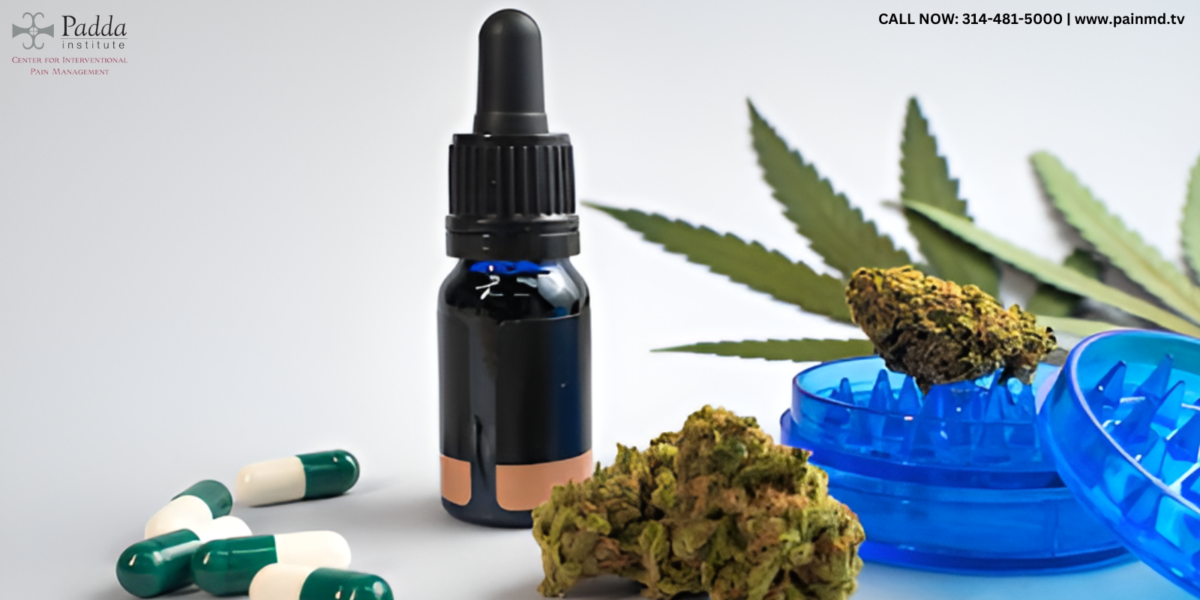Summary: Due to ongoing opioid epidemics, researchers are looking for effective and safer ways for chronic pain treatment. Opioids are quite effective in pain management. However, studies show that they also cause increased pain sensitivity over time, a phenomenon called opioid-induced hyperalgesia. This means that those using opioids for pain need higher doses for pain relief, increasing the risk of addiction and overdose. However, studies suggest that cannabis does not alter pain tolerance, and may be quite good for prolonged use, thus managing chronic pain.
Opioids are among the most potent painkillers and have been used in medicine for a long time. However, due to the opioid epidemic in the US, many health experts are now looking for safer options. Many of these alternatives may not replace opioids, but they might help reduce opioid use and be even more beneficial in certain health conditions.
One such alternative to opioids for pain management that is worth exploring is cannabis. Medical cannabis has also been in use for pain management for a long. However, cannabis is relatively safer. Moreover, many states have even started to legalize recreational cannabis use. Therefore, it is even more important to understand its health benefits and its role in pain management.
Opioids may Cause Hyperalgesia
Doctors have long known that opioids can even increase pain sensitivity in many regular opioid users. This phenomenon is called opioid-induced hyperalgesia (OIH). It is a paradoxical phenomenon. People use opioids to overcome severe pain; on the other hand, opioids may increase pain sensitivity.
It means that those using opioids for long may stop responding to opioids and may need higher dosages to overcome pain. However, prescribing higher dosages or more potent opioids means a greater risk of opioid side effects and misuse. It is quite likely that this phenomenon is partly to be blamed for opioid addiction.
Cannabis does not Seem to Cause Hyperalgesia
However, now new studies suggest that using cannabis could be a safer option in many instances. It has a demonstrated efficacy in managing chronic pains. But, more importantly, one can safely use cannabis for long without a need to increase the dosage, as it does not appear to cause hyperalgesia like opioids.
Interest in the use of various cannabinoids has increased in recent years. Moreover, some compounds in the cannabis plant, like cannabidiol, are now available without a prescription and are safe for prolonged use. Doctors think this pain-sensitizing effect of opioids forcing doctors to use higher dosages has contributed to opioid addiction issues and overdose deaths. However, cannabinoids are much safer.
In the study, doctors enrolled subjects who used cannabis more than three times a week and compared their pain sensitivity with those who did not use cannabis at all. They used the so-called cold-pressor task, in which hands are submerged in cold water, to test the ability to tolerate pain by the participants2. They found that cannabis users did not display increased pain sensitivity, something commonly seen in opioid users. Doctors say that this is an important distinction between the two substances. This further shows that cannabis is a safer option for managing chronic pain when compared to opioids.
Of course, these are early days, and much has to be learned about cannabis to avoid repeating the early mistakes. Nonetheless, these studies are encouraging. Moreover, cannabis is not new to medicine and even people. Massive safety data already exists regarding prolonged cannabis use for various medical conditions. Nonetheless, this is one more step forward in finding safer alternatives to opioid medication.




